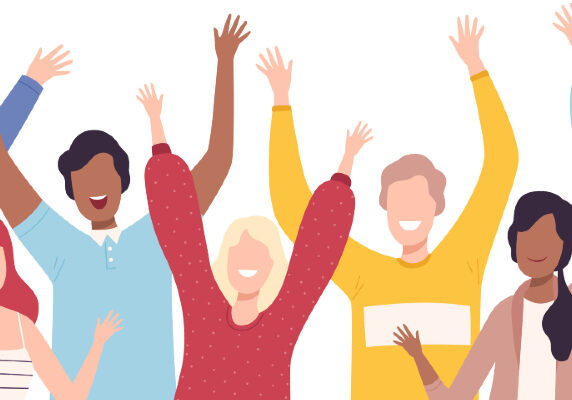LGBTI social exclusion is a protracted humanitarian crisis
Social exclusion affects the lesbian, gay, bisexual, transgender/transexual and intersex (LGBTI) population in a range of ways, preventing them from participating in social, economic and political life, and exposing them to a heightened risk of arrest and extreme punishment.
They can be stopped from accessing fundamental basic needs and services, including health, protection, education and sustainable livelihoods. Further still, as a group they are more likely to live in poverty, and, because of the stigma attached to their identity, be at greater subject risk of physical violence.
Sadly, the suffering of this group as a whole has not been recognised by the wider humanitarian sector. LGBTI people have consequently been largely left behind as beneficiaries of humanitarian action, for a variety of reasons including:
- Tradition. Some NGOs come from conservative traditions, which limit their ability to respond effectively to the sensitivities and needs of this group.
- Unknown dimensions. Humanitarian action is generally focused on emergencies affecting many people, in a concentrated geographic area. LGBTI individuals are dispersed and often only represent a proportion of any given population. Furthermore, many often feel unsafe or uncomfortable to come out. Although the total number of LGBTI individuals is unknown, it is reasonably assumed to be in the hundreds of millions.
- Requirements. There is a lack of education and consciousness around LGBTI inclusive policies in the humanitarian workplace.
All of the above have left a continuum of invisibility that must be reversed. LGBTI individuals are dying worldwide as we neglect the scale of this protracted humanitarian crisis. This is unacceptable and we argue in our latest report “A global outlook on LGBTI social exclusion through 2030” that the humanitarian sector must act.
Subscribe to our newsletter
Our weekly email newsletter, Network News, is an indispensable weekly digest of the latest updates on funding, jobs, resources, news and learning opportunities in the international development sector.
Get Network NewsNGOs must be proactive and involve LGBTI individuals within their internal communication campaigns and operational strategies in order to be fully representative and influential for this group externally on the global stage.
LGBTI inclusive policies have to be mainstreamed as part of humanitarian action. The Sustainable Development Goals provide a unique opportunity for inclusivity to be implemented across the spectrum of an NGO’s programme planning.
But, full effectiveness requires collaborative working – NGOs and their relevant country offices cannot represent the needs of LBGTI groups unless LGBTI individuals are involved. Only then can the programmes best meet the demands of this community. Moreover, to ensure that LGBTI individuals do not continue to be left behind, any humanitarian response in a country where homosexuality is still considered a crime needs to be implemented in the frame of strong and strategic alliances that build from the community level up to democratic and free governments that protect all citizens.
The persecution of LGBTI individuals is a crime against humanity. We can be under no illusion that this humanitarian protracted crisis will be resolved quickly, despite examples of recent progress with the decriminalisation of homosexuality. The humanitarian sector has already shown concerted efforts to ensure gender inclusion, we now need more than ever a leap in humanitarian leadership to enlarge this agenda to effectively encompass the whole of the LGBTI community.
Category
News & views


